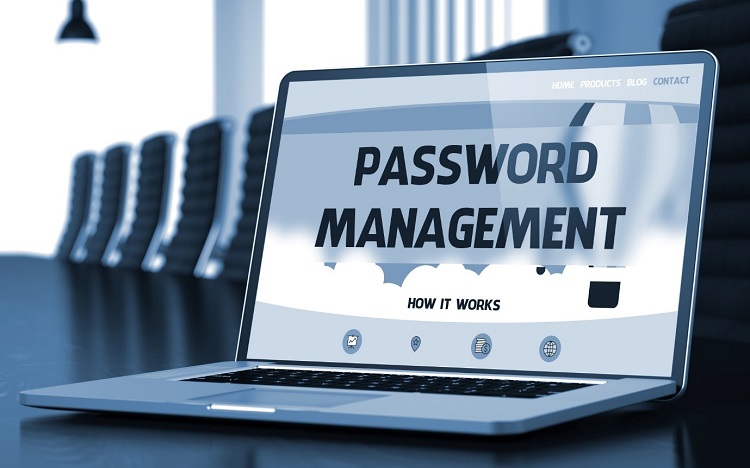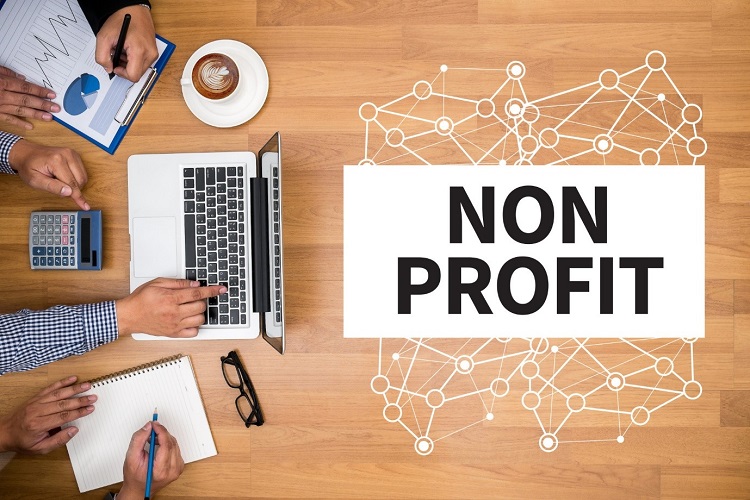Have you ever tried to log in to one of your accounts but couldn’t remember the password? You’re forced to change the password, and this time you resort to using a simple password that you can remember. Furthermore, you reuse the same password for the multiple accounts you have.
Password management gives you the convenience of generating and storing all your passwords in one place. According to cybersecurity experts, the most secure password is one that you don’t have to remember. Memorizing each unique password for all your accounts is next to impossible.
If you’re looking for ways to improve your password management, this is the article for you.
Read along to get insightful tips on how to improve your password management.
Best Password Practices
The majority of cyber security attacks are attributed to human error. This means that your company’s or your own cyber security is dependent on your password practices. Without a doubt, the best line of defense against cyber-attacks is a strong password.
Below are password practices you should use to protect against unauthorized access to your devices;
- Use a password that has at least 12 characters
- Use at least three different characters for your passwords, i.e., upper case, numbers, and symbols
- Do not reuse a password in multiple accounts
- Don’t use dictionary words; hackers use dictionary attacks software that plugs the words into password fields
These are good password principles that you should emulate for all your accounts.
Use a Password Manager
A password manager allows users to generate, store and manage all their passwords from a central point. It helps retrieve complex passwords from an encrypted database.
It’s used as a browser extension or mobile app to auto-fill your login details when accessing your accounts.
Password managers come with many benefits, the first of which is the ability to generate extremely complex passwords that you don’t need to memorize. Secondly, it protects you against phishing attacks. Thirdly, it notifies you in in case a website you use experiences a data breach.
Go to logmeonce.com to understand other more benefits you may derive by using a password manager.
Two-Factor Authentication
This is a multi-factor user authentication method also referred to as 2FA. It requires two pieces of evidence after inputting your password to gain access to a website.
The first piece of evidence is knowledge-based (something you as the user are aware of), such as the name of your favorite sport. The second is possession-based (something you own), such as a code sent to your phone.
Allow two-factor authentication on your accounts to beef up your personal security online.
Period Change of Passwords
Cyber experts advise that you should change your passwords every 90 days. This eliminates the tendency to reuse your password even after trying not to do so. If a hacker has been attempting to crack your password for some time, changing it will ultimately set them back.
Enhance Your Cybersecurity Through Password Management
In the 21st century, an average person might have many accounts for different websites. Managing the passwords for each of the accounts might be daunting. Password management systems offer a seamless approach to store and manage all your passwords.







